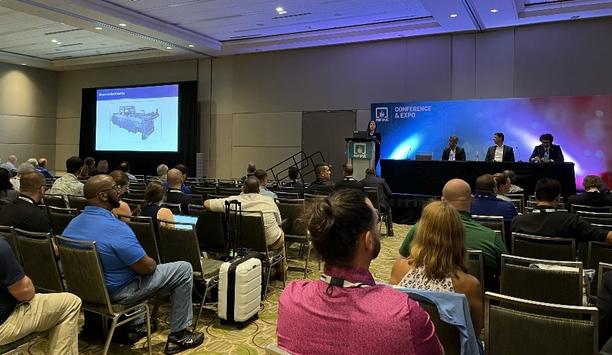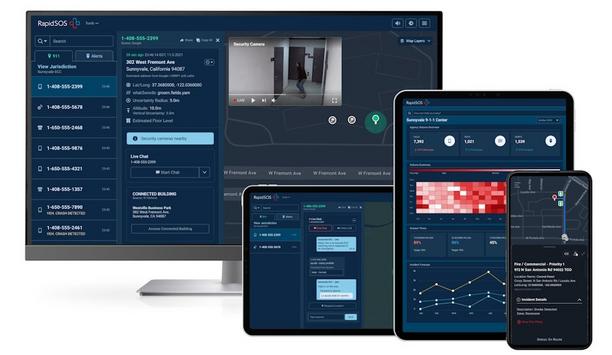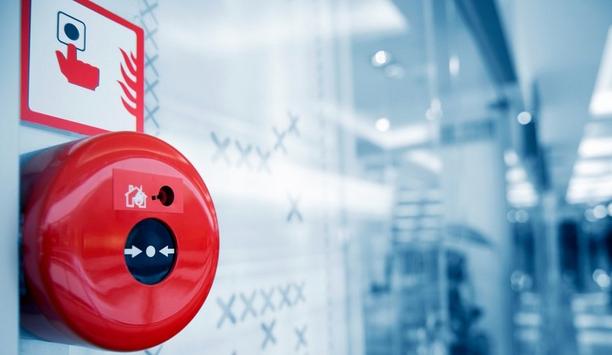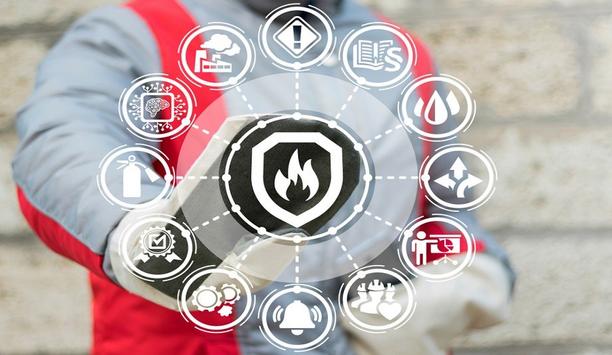When you think about the 21st-century innovations that will drive the future of the fire service, almost every new technology depends on faster and more dependable digital communication. In short, the future of technology in the fire service demands that we embrace 5G technology.
5G (fifth generation telecommunications) promises faster data speeds, less latency, and greater reliability.
Increased connectivity and technologies
From increasing connectivity to enabling wearable technologies, from monitoring health conditions to supplying more precise location data and even automated vehicle navigation, the success of all these technologies will depend on 5G.
The advent of 5G will also boost the cybersecurity of devices and avoid disruption of systems and hacking.
Benefits
5G is designed to increase network capacity by expanding into a new spectrum such as mmWave
Other benefits include massive network capacity, increased availability, and a more uniform user experience for more users. 5G is designed to increase network capacity by expanding into a new spectrum, such as mmWave.
Enhancing communication via 5G
The increased communications requirements of wearable technologies and V2X (vehicle-to-everything) communications will benefit from faster and more dependable 5G performance.
Drones providing aerial views of fires and processing information on the geolocation of fires and firefighters in the field will depend on the broadband 5G network to make information available in real-time. 5G will also be helpful in the deployment of rescue robots by providing low-latency communications to carry out dangerous tasks without putting personnel in danger.
Reliable and dependent
On the development front, an “open generation consortium” called MITRE Engenuity is collaborating to explore various public safety and business use cases and working with stakeholders to test numerous applications.
In general, 5G’s promise of faster uploads and downloads fits perfectly with the fire service’s greater dependence on data. Estimates of 5G data speed are up to 20 Gbps, compared to about 35 Mbps for 4G LTE.
Ease of information transmission
5G connectivity on FirstNet will be suitable for the IoT and video solutions useful to first respondersFirstNet, a public safety network powered by AT&T, is upgrading its dedicated FirstNet network core to enable 5G connectivity to bring the full benefits of 5G to first responders.
5G connectivity on FirstNet will be suitable for the Internet of Things (IoT) and video solutions useful to first responders. For example, using 5G in an ambulance enables the transmission of patient data to the emergency room ahead of arrival.
First responders in 38 cities and more than 20 venues gained access to AT&T’s mmWave (5G+) spectrum this April. This is the beginning of a multi-phase, multi-year journey to deliver full 5G capabilities on FirstNet.
FirstNet
FirstNet is also designed with a defense-in-depth security strategy that goes beyond commercial network security measures. The approach protects without sacrificing usability or impacting public safety’s mission.
Comprehensive tower-to-core encryption is based on open industry standards. FirstNet traffic will be automatically secured as it moves from the cell tower, through the backhaul, to the core and back again. Only FirstNet will have encryption along the entire route.
Supports the health of First-responders
FirstNet has also established the FirstNet Health & Wellness Coalition, whose two dozen members include the International Association of Fire Chiefs, the National Emergency Management Association, and other industry groups. The coalition seeks to integrate responder, community, industry, and academic capabilities to support the health, wellness, and readiness of America’s first responders.
FirstNet provides first responders with truly dedicated coverage and capacity, unique benefits such as always-on priority and pre-emption, and a high-quality Band 14 spectrum.







































